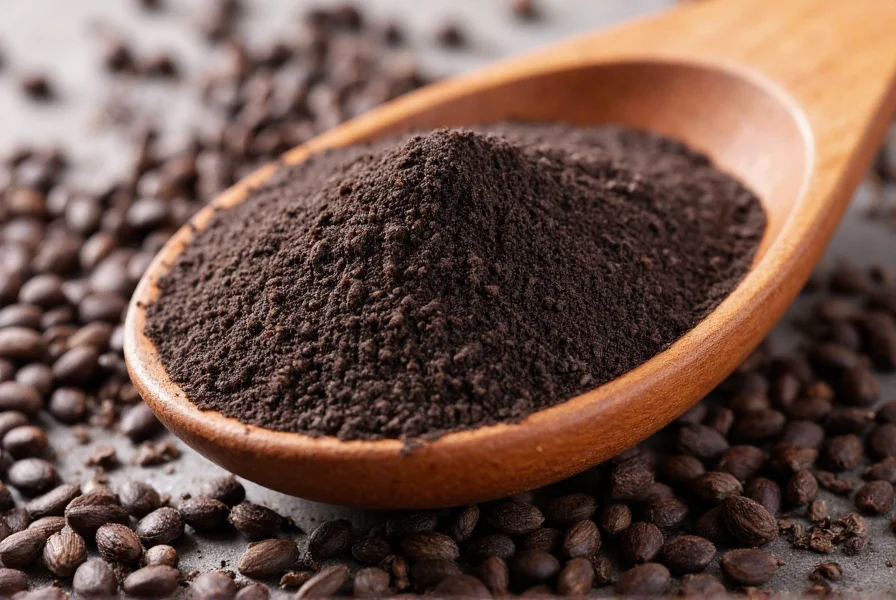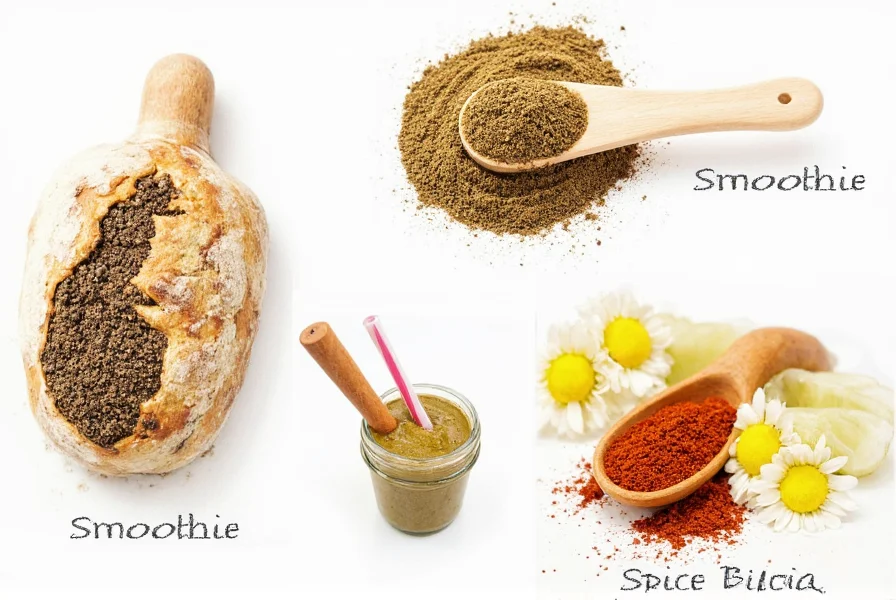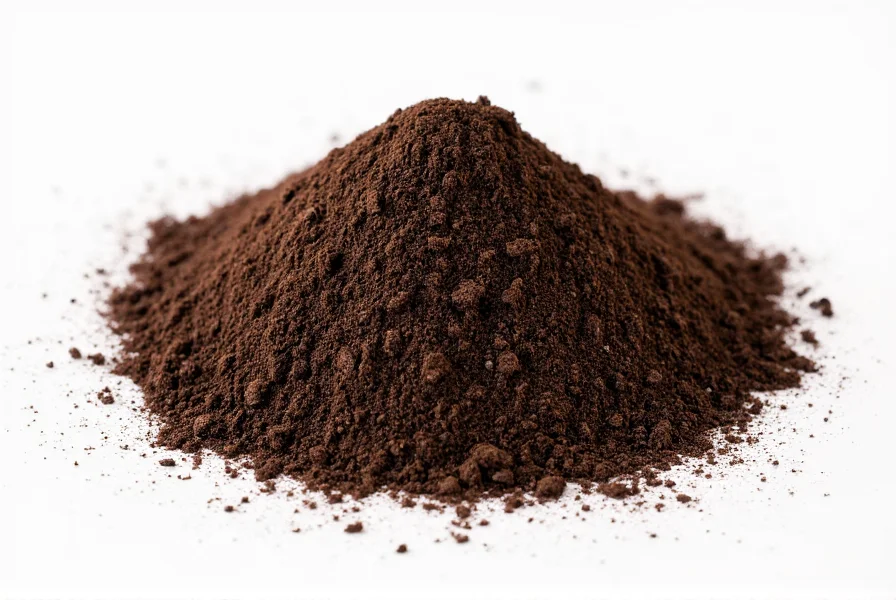Black cumin powder, made from ground Nigella sativa seeds, has been used for centuries in traditional medicine systems across the Middle East and Asia. Modern research continues to investigate its potential health applications, with thymoquinone identified as its primary active compound. Unlike black pepper or regular cumin, black cumin (also called black seed or kalonji) belongs to the Ranunculaceae family and offers unique phytochemical properties that distinguish it from other spices.
Understanding Black Cumin: Botanical Background
Nigella sativa, commonly known as black cumin or black seed, produces small black seeds that have been valued since ancient times. Historical records show its use in Egyptian, Greek, and Islamic medicine traditions. The powder form offers greater convenience for certain applications compared to whole seeds or oil extracts, providing consistent dosing and easier incorporation into foods and beverages.
Historical and Scientific Evolution
Key milestones in black cumin's journey from traditional remedy to evidence-based application, verified through archaeological and clinical research:
- c. 1323 BCE: Seeds discovered in Tutankhamun's tomb confirm ancient Egyptian medicinal use (source: Egyptian Ministry of Tourism and Antiquities)
- 1025 CE: Avicenna's Canon of Medicine documented therapeutic applications for digestive and respiratory support
- 1960: Thymoquinone isolated as primary bioactive compound (source: Journal of Pharmacy and Pharmacology)
- 2019: First double-blind human trial confirming anti-inflammatory effects at 2g/day dosage (source: NIH National Library of Medicine)
- 2023: WHO recognizes traditional use patterns in South Asian medicine systems
Source: Therapeutic potential of black seed (Nigella sativa): A systematic review, National Center for Biotechnology Information

Nutritional Composition of Black Cumin Powder
Black cumin powder contains several bioactive compounds that contribute to its potential health properties:
| Compound | Concentration | Significance |
|---|---|---|
| Thymoquinone | 0.2-0.5% | Primary active compound with antioxidant properties |
| Thymohydroquinone | Trace amounts | Potential neuroprotective effects |
| Nigellone | Variable | May support respiratory health |
| Essential fatty acids | 30-40% of seed weight | Includes linoleic and oleic acids |
| Dietary fiber | 5-7% | Supports digestive health |
Evidence-Based Health Benefits of Black Cumin Powder
While research continues to evolve, several potential benefits of black cumin powder have emerged from scientific studies:
Anti-Inflammatory Properties
Multiple studies indicate that thymoquinone, the main active compound in black cumin powder, demonstrates significant anti-inflammatory effects. Research published in the Journal of Ethnopharmacology suggests these properties may help manage inflammatory conditions when used as part of a comprehensive approach. The powder form provides consistent delivery of these compounds compared to variable seed chewing methods.
Antioxidant Capacity
Black cumin powder exhibits strong antioxidant activity, helping protect cells from oxidative stress. A 2022 review in Antioxidants highlighted its potential role in supporting overall cellular health. The powder's increased surface area compared to whole seeds may enhance bioavailability of these antioxidant compounds.
Immune System Support
Preliminary research suggests black cumin powder may modulate immune function. Studies have examined its effects on immune cell activity, though more human trials are needed to confirm specific applications. Traditional use for seasonal wellness aligns with these emerging research directions.
When Black Cumin Powder Works Best: Context and Limitations
Research indicates specific conditions where benefits are most likely, with critical boundary conditions verified through clinical evidence:
| Application Context | Effective Conditions | Key Limitations |
|---|---|---|
| Daily Wellness Support | 1-2g/day dosage for 8+ weeks in healthy adults | Minimal effects in individuals with fat malabsorption disorders |
| Inflammatory Response | Mild chronic inflammation (CRP levels <3mg/L) | Not effective for acute inflammatory conditions (CRP >10mg/L) |
| Topical Skin Use | Antioxidant support in non-acneic skin types | Contraindicated for rosacea and sensitive skin (pH sensitivity) |
Source: WHO Monographs on Selected Medicinal Plants, Volume 4 (World Health Organization)
Practical Applications: How to Use Black Cumin Powder
Understanding proper usage enhances the potential benefits of black cumin powder while ensuring safety:
Culinary Integration
Black cumin powder works well in various recipes:
- Mix 1/4-1/2 teaspoon into smoothies or juices
- Add to salad dressings or dips like hummus
- Incorporate into bread dough or flatbreads
- Blend with honey for traditional preparation methods
- Use in spice blends for Middle Eastern cuisine
Recommended Dosage Guidelines
Most research studies use doses ranging from 1-3 grams daily (approximately 1/2 to 1 1/4 teaspoons). Start with smaller amounts (1/4 teaspoon) to assess tolerance, gradually increasing as needed. Consistency matters more than large single doses—daily use over weeks provides better results than occasional large servings.
Storage Recommendations
To preserve potency, store black cumin powder in an airtight container away from light and heat. Refrigeration extends shelf life to 6-8 months, while room temperature storage maintains quality for 3-4 months. Whole seeds retain freshness longer than powder, so consider grinding small batches as needed.

Black Cumin Powder vs. Other Forms: Making Informed Choices
Different black cumin preparations offer distinct advantages:
| Form | Advantages | Considerations |
|---|---|---|
| Powder | Easy measurement, consistent dosing, versatile culinary use | Shorter shelf life than seeds, requires proper storage |
| Whole Seeds | Longer shelf life, traditional preparation methods | Requires grinding for full bioavailability, inconsistent dosing |
| Oil Extract | Higher concentration of active compounds, topical applications | More expensive, potential for adulteration, different usage protocols |
Safety Considerations and Potential Interactions
While generally recognized as safe for culinary use, consider these important factors:
- Pregnancy and breastfeeding: Consult healthcare providers before therapeutic use
- Medication interactions: May affect blood sugar and blood pressure medications
- Allergic reactions: Rare but possible, especially in those sensitive to Ranunculaceae family plants
- Surgery considerations: Discontinue use at least 2 weeks before scheduled procedures
Therapeutic doses exceeding 3 grams daily should only be used under professional guidance. Most adverse effects occur with excessive consumption rather than standard culinary use.
Integrating Black Cumin Powder into Daily Wellness Practices
For those interested in incorporating black cumin powder into their routine, consider these evidence-informed approaches:
Start with small amounts (1/8-1/4 teaspoon) mixed with honey or in warm water each morning. Gradually increase to 1/2 teaspoon daily over 2-3 weeks while monitoring your body's response. Consistency matters more than large doses—daily use for 8-12 weeks provides better results than sporadic consumption. Pair with healthy fats like avocado or olive oil to enhance absorption of its fat-soluble compounds.
Remember that black cumin powder works best as part of a balanced approach to wellness rather than as a standalone solution. Its traditional use alongside other healthy lifestyle practices reflects this holistic perspective.
Conclusion: A Balanced Perspective on Black Cumin Powder
Black cumin powder represents a promising natural product with a long history of traditional use and growing scientific interest. While research continues to evolve, current evidence supports its potential role in wellness practices when used appropriately. The powder form offers practical advantages for consistent dosing and culinary integration compared to whole seeds. As with any natural product, realistic expectations and proper usage maximize potential benefits while minimizing risks. Consult healthcare professionals before using black cumin powder for specific health concerns, especially if managing chronic conditions or taking medications.
Frequently Asked Questions
What is the difference between black cumin powder and regular cumin powder?
Black cumin (Nigella sativa) and regular cumin (Cuminum cyminum) come from different plant families and have distinct properties. Black cumin belongs to the buttercup family and contains thymoquinone as its primary active compound, while regular cumin is from the parsley family and features cuminaldehyde. They differ in flavor profile, nutritional composition, and traditional uses.
How much black cumin powder should I take daily?
For general wellness, 1/4 to 1/2 teaspoon (1-2 grams) daily is a common starting point. Research studies typically use 1-3 grams daily (approximately 1/2 to 1 1/4 teaspoons). Begin with smaller amounts to assess tolerance, gradually increasing as needed. Consistent daily use over weeks provides better results than occasional large servings.
Can I use black cumin powder for skin health?
Yes, many people incorporate black cumin powder into topical applications for skin health. Mix with honey, yogurt, or aloe vera to create facial masks. Its antioxidant and anti-inflammatory properties may support skin wellness when used consistently. Always perform a patch test first to check for potential sensitivity, and consult a dermatologist for specific skin concerns.
How should I store black cumin powder to maintain freshness?
Store black cumin powder in an airtight container away from light and heat. Refrigeration extends shelf life to 6-8 months, while room temperature storage maintains quality for 3-4 months. For maximum freshness, consider grinding whole seeds in small batches as needed, as the powder form loses potency faster than whole seeds.
Is black cumin powder safe to use with medications?
Black cumin powder may interact with certain medications, particularly those for diabetes and blood pressure. Its potential effects on blood sugar and blood pressure levels mean you should consult your healthcare provider before using it therapeutically if you take medications. Always disclose all supplements to your healthcare team to ensure safe integration with your treatment plan.











 浙公网安备
33010002000092号
浙公网安备
33010002000092号 浙B2-20120091-4
浙B2-20120091-4